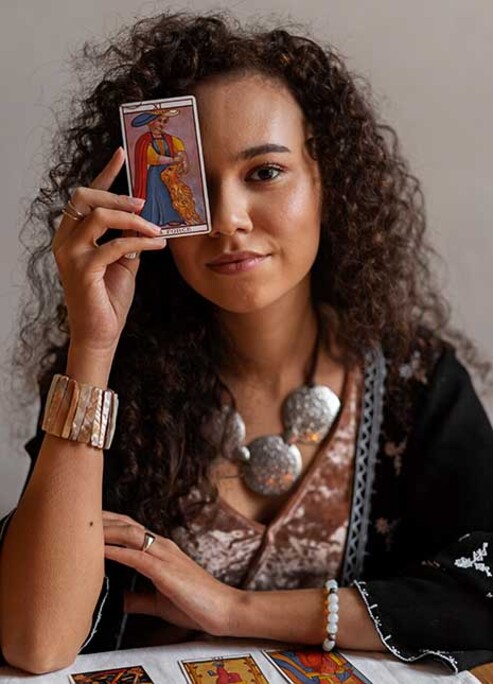How To Have Small Talk If You Suck At Small Talk
It's as easy as 1, 2, 3, 4.
Many of us have two speeds when it comes to small talk: “Tell me your whole life story!” or a nice and awkward blank stare. The mode that you’re in probably depends on a variety of things: your mood, how much work you just left behind at your desk and, of course, how much you’ve had to drink. The nice thing is that you’re not alone. We know this because of conversations with friends and non-conversations with others who also suck at chitchat, where we both just stand there like ____________________ … ___________________ … K, bye!
But just because we’re bad at something doesn’t mean that we have to stay stuck in our uncomfortable "staredown mode" when we encounter new humans. Old dogs can learn new tricks.
We’re here to teach the art of talking to anyone.
For those of us who aren’t natural smooth talkers, here’s an easy 4-part system to keep in mind next time you feel like running away from an uncomfortable chat:
- Make statements.
- Then ask questions
- Offer a piece of information about yourself. “I’m studying graphic design” or something.
- Ask something personal about the other person, then start back at step one.
Vary these, don’t do all the talking. And when you ask questions, remember: this is not an interview. Listen and respond.
Let’s break these steps down a bit further, shall we?

Step 1: Make statements
One of the most effective opening statements is a compliment. The most charming people in the world are brilliant small talkers. They evoke positive emotions in people. That’s all charm is. When opening with a flattering remark, the key is to keep the compliment genuine. Whatever you say should be believable; this is very important for the small talk to be successful. So, don’t tell someone you love their shoes when you actually think they’re so fugly the factory that produced them should be sued.
Step 2: Ask questions
Context is important. Know your audience. If someone’s not responding to the topic you’re discussing, go back to something like, “What’s your favorite restaurant? I’m looking for some new places to try out.” Make it an open-ended question that can’t just be answered with one word (the ultimate conversation murderer) by adding follow ups like, “What do you like about it?”
This follow up is equally important—maybe more so—when it comes to online small talk. Most dating apps require some chit-chat. How else are you going to get someone’s number?
Step 3: Offer a piece of information about yourself
If you relentlessly pepper the other person with questions, it will feel like an interrogation. At some point, you’re going to have to share a little bit about yourself. Embellish your responses in the conversation with information. By providing dynamic responses, you can provide “hooks” for the other person to continue the conversation and avoid you both standing in silence. For example:
- Question: “How are you?” Bad response: “I’m good.” Better response: “I’m good! I’m getting ready for my holiday in Switzerland. It will be my first time there and my first time hiking. I’m wondering how strenuous it will be.”
- Question: “Where are you from?” Bad response: “Seattle.” Better response: “Seattle. It doesn’t rain every day. I really enjoyed growing up there. There’s tons of amazing seafood and coffee.”
- Question: “What did you do today?” Bad response: “I was looking for a new apartment.” Better response: “I went looking for a new apartment. I want to move more into the city. I think I’ll have to move into a smaller apartment to be in the area I’d like, but the tradeoff is that my commute will be cut in half. And I’ll be a 10 minute walk from all the places I like to go on the weekends.”
Step 4: Ask something personal about the other person
For this step, we advise about what not to ask. Don’t ask people what they do for a living. It puts them in a box and labels them. And from at etiquette perspective, it seems opportunistic. You might as well ask, “How much money are you making?” Don’t do that either.
What a mouthful, huh?












